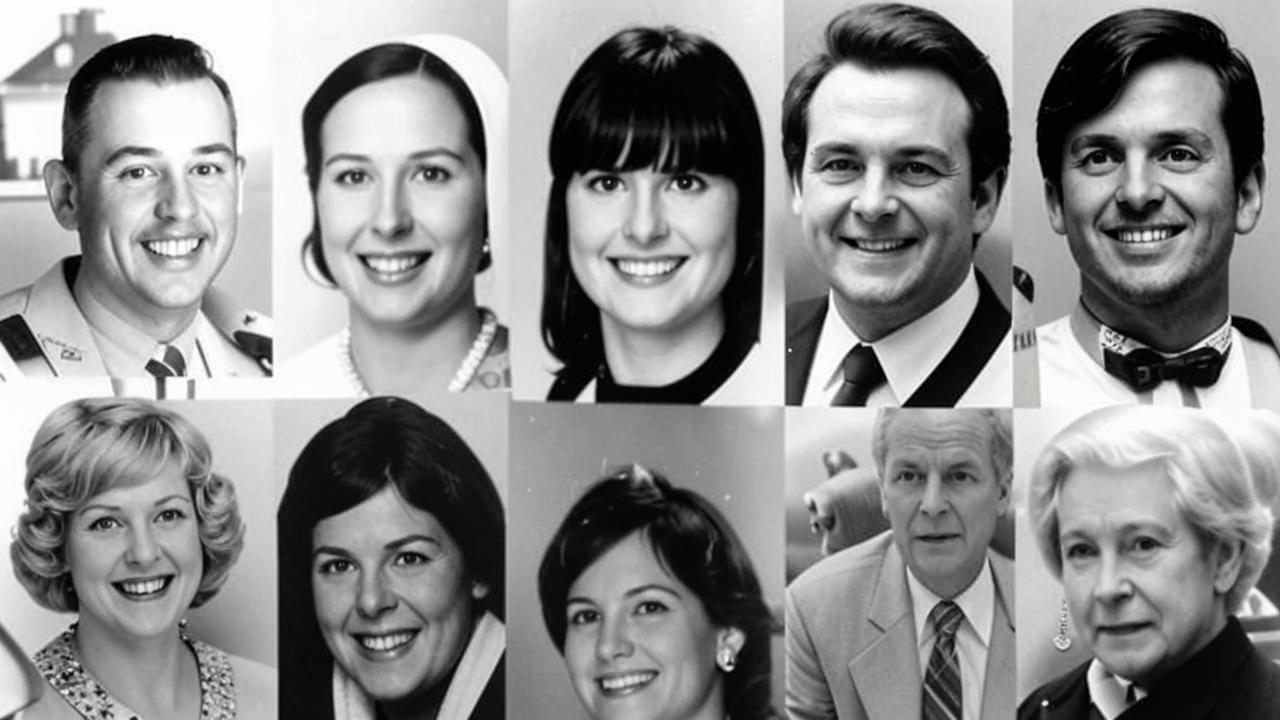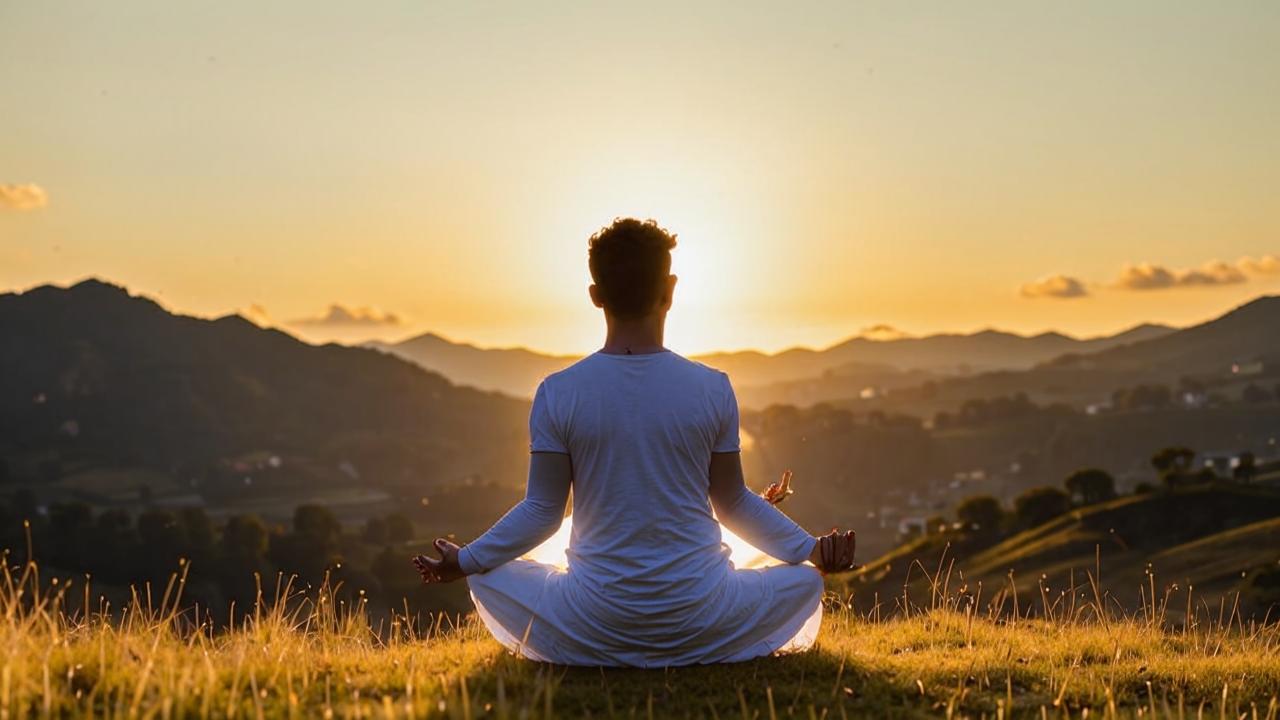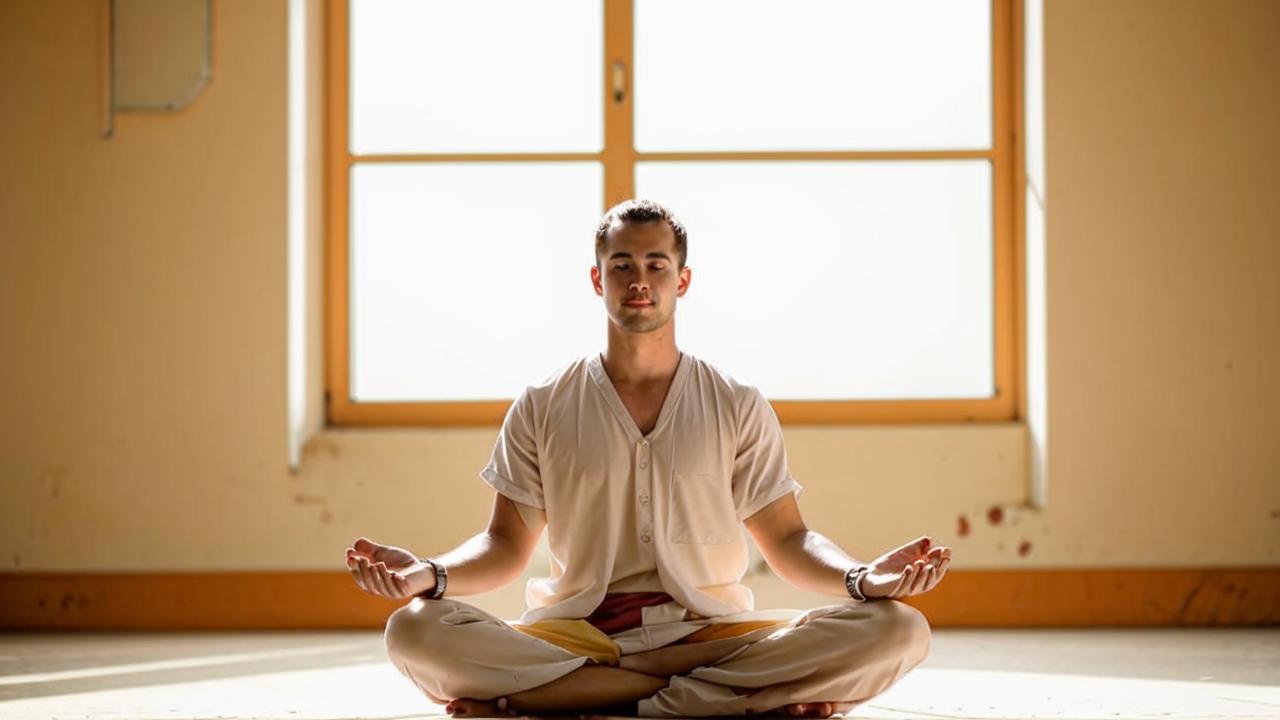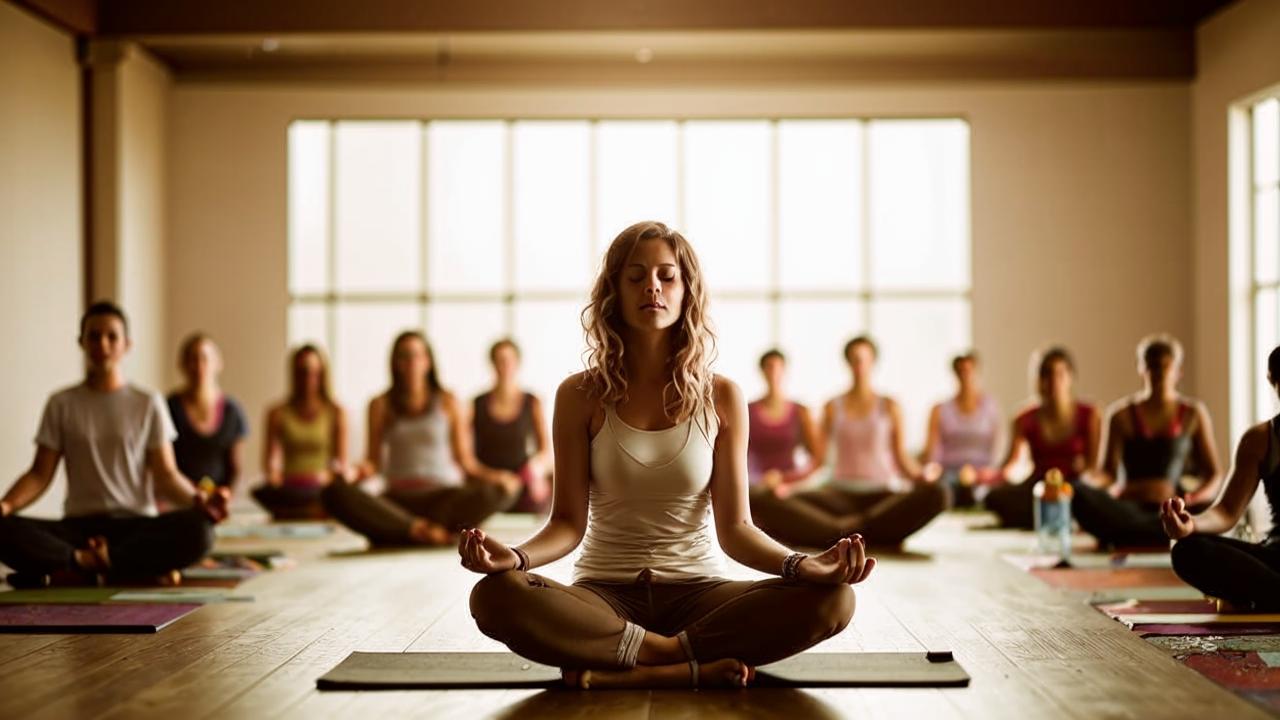How do you stay silent for seven or ten days? And no cell phone? It seems terrible and impossible. What if the whole world falls apart while you’re gone? In fact, this is an illusion, say those who have practiced silence. We tell the stories of two heroes who have practiced vipassana and have not regretted it at all.

energy practitioner, realization expert, author and creator of the transformational course “Exit the Matrix”
A vipassana retreat is a practice that comes up in a moment of need. When a person is left alone with the questions “Why am I here” and “Who am I”.
What is vipassana
Vipassana is a seven- to ten-day transformational personal and energetic practice based on self-observation. The meditation technique originated in India around 2,500 years ago and means “seeing reality as it is” in Pali. During it, there is an in-depth exploration of the mind, body and energy connection.
During the entire time, participants are without cell phones, do not talk or look into each other’s eyes. Each day is filled with self-discovery, silent meditations, and dialogues with oneself. The retreat is mentored by a teacher who guides participants in the practices. But the mentor only guides – all the work happens deep within you.

Meditation techniques help you to observe your emotions, get rid of intrusive thoughts, worry less about the past and future, and stay in the present.
Deciding to do vipassana is like signing a contract with yourself. There is no turning back! Day by day, participants observe how the mind works, how many thoughts are digested in the head every day.
Researchers from Queens University in Canada have calculated that the average brain generates 6,200 thoughts per day. Each of which, in turn, expends energy. The goal of vipassana is to rid you of unnecessary thoughts and energy sinks.
How the practice of silence works
Catherine’s experience
My vipassana experience occurred during a period of acute moments at work. I realized that I was living from a state of “have to”. Then I made a decision to “let the whole world wait” and decided to go on a ten-day retreat.
The first half day was spent without phones, which we turned in when we arrived. At first everything was great: I was admiring the nature around me. But by evening I began to notice that I was evaluating other people. That’s when I first caught myself thinking that my free-floating attention was drifting to evaluation.
I went to bed at ten o’clock in the evening, which was strange for me: I was used to going to bed at one o’clock in the morning. I fell asleep on the not the most comfortable bed, and then we were woken up at five in the morning to meet the sun. At this point, I fell so deep into practicing that I fell asleep and even fell over. The first thought that slipped in was what others would think of me. That’s when I also began to track the thoughts swarming in my head.

Throughout vipassana, we meditated six hours a day. My body begged me to bring it back to comfort, but I didn’t give up. One day a wild resistance awoke in me. I vividly remember in the meditation room one of the participants drilling me with his eyes. I didn’t realize what was happening, but a struggle began to awaken in me.
We couldn’t talk to each other, at the same time I was constructing gigantic dialogs in my head directed to him. I didn’t understand what was going on, what he wanted from me. Meanwhile, the conflicting feelings were only getting bigger. At the peak, my thoughts and feelings overwhelmed me and I cried. At that moment, I opened my eyes and noticed that others couldn’t contain their emotions either.
An insight came: fighting has no meaning. Rivalry is a program imposed on us from the outside.
When I realized that we can control our thoughts and create our own reality from them, the meditations became easier. At that moment, I felt a sense of liberation.
During one of the meditations, I began to feel my body as much as possible and realized that it is not necessary to load myself with “pancakes” in the gym to be in touch with myself. It is enough just to direct attention to the body.
On the seventh day of vipassana one of the participants decided to leave the retreat and I wanted to hug her. Not to say anything, just to give her a feeling of love, because we can control our feelings and energy without words.
Toward the end of the practice I liked meditation more and more. The world here became familiar to me. The next day the teacher talked about life after the practice and recommended to focus on the present.
On the last day of practice, I turned off the struggle and reached a state of catharsis. You could call it a liberation or an orgasm in a million. I felt mental exultation and at the same time a slight excitement.

The main experience of the practice: during and after vipassana, sounds are heard louder, the world is seen more clearly. You realize yourself in the here and now. Having lived vipassana, I can say for sure: this is the practice that helps you realize who you really are. Everything around us is a prism of our perception. We create our own reality: partners, place of residence, work and everything that happens in life.
Igor’s experience

blogger
For as long as I can remember, I’ve been passionate about sports, but I never thought about my mental state. Thanks to the practice of silence, I was able to look at myself and the world “soberly”, unvarnished. I chose vipassana because it doesn’t ask you to meditate on mantras, visualize or try to transport yourself to some other worlds. Participants are only asked to be patient and observe.
Vipassana is a gradual process. The first few days you concentrate on your breathing and observe your sensations all over your body, from the top of your head to the tips of your fingers. It is necessary to sit completely still. It’s not easy, but the first day of practice flies by in a second. You start to experience something new and unknown, it is fascinating.
There is no contact with the outside world or other participants. From food – only vegetarian food to make it easy and comfortable to meditate. No books, no sports, no yoga practice, not even a piece of paper with a pen. Nothing to distract from the practice.

Sitting in meditation from morning to evening for ten days is not easy. After a while, the mind starts playing a very tricky game, and it’s important to keep track of that. For example, my bones and joints were aching, pain was wandering all over my body, and tears were flowing.
But these are just tricks of the mind trying to lead you away from yourself.
The pain seemed to be in places I didn’t even know existed. When I managed to stop identifying with the pain, the unpleasant sensations were replaced by a state of euphoria.
The main experience of the practice: vipassana turns everything upside down. To be more precise – from head to toe. You begin to feel confident, read body signals and listen to your body. Problems no longer seem important. I call it a state of maximum sobriety. But most importantly, after practicing silence, your heart opens to the world around you.
Of course, it will be a unique experience for everyone. Whether you are ready for a vipassana retreat is up to you.





